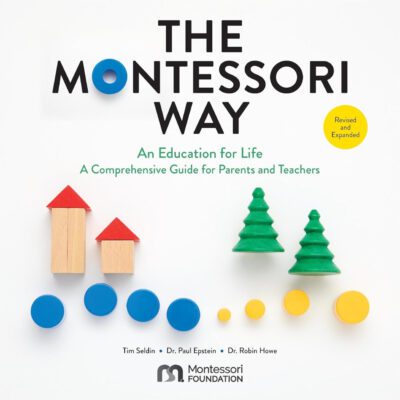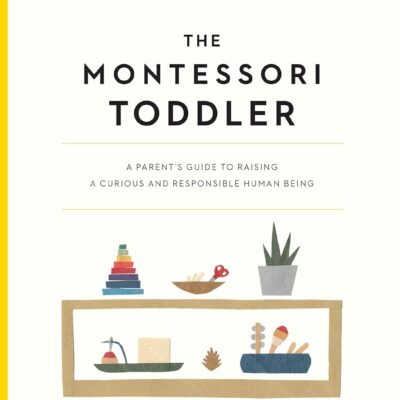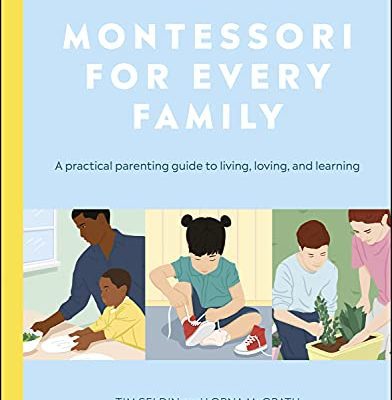 By the time you are reading this issue of Tomorrow’s Child magazine, schools in the US and elsewhere will be winding down for the year. So what’s on tap for you this summer? Many of us have to work, even during the break, so that doesn’t always allow for lots of free time. Some schools even go year round and don’t get this time off, so what can you do as a family that is fun and engaging?
By the time you are reading this issue of Tomorrow’s Child magazine, schools in the US and elsewhere will be winding down for the year. So what’s on tap for you this summer? Many of us have to work, even during the break, so that doesn’t always allow for lots of free time. Some schools even go year round and don’t get this time off, so what can you do as a family that is fun and engaging?
Here are some suggestions for summer activities:
Have just a day here and there to spend together?
Why not open up a map of your area and let your children either point to a location or choose where they might want to go and then research, together, what might be fun to do and see.
It can be as low key as going to a beach or a national park, hiking, or having a picnic on the banks of a river and fishing. It can be exploring caverns or even seeing if there’s a local history house to learn more about the community in which you live.
Camp out in your own backyard.
Build a tree house or fort together. Plan a pass-a-dish neighborhood day. Have some lawn games planned and maybe a great family movie or campfire with a sing-along? It might sound a bit old-fashioned, but make it fun by involving your children. Let them help with invites, food planning, movie selection, and setting up the games. Let them learn early on how to be great hosts and hostesses. Then make sure they understand the cleaning-up process is as important as it is in their classrooms.
Have a full weekend to spare?
Expand your map search and stay overnight. Every state has activities, festivals, nature preserves, camping grounds, or historical locations to explore.
For vacations that are longer in duration.
Once again, provide your children with the opportunity to have a say so in the planning process. Let them work out the budget with you. Let them see how you decide how much a hotel will cost, along with gas, airfare, entrance to events, food, and souvenirs.
Many of us went camping for the summer. Some of us were fortunate enough (depending on how you viewed it) to even go to sleep-away camps, where we learned all kinds of wilderness skills, appreciation for nature, art, music, theatre, athletics—and even how to get along.
Need to stay closer to home?
Day camps that run from a week to longer are other options. Search in your area for programs through your museums for more artistic-related camps, the local YMCA, or even your local library.
The point is to actively engage with your children by spending quality time together. If, in the process, you all happen to learn something that broadens your world, great.
Tomorrow’s Child/ April 2018/ Pg 37







